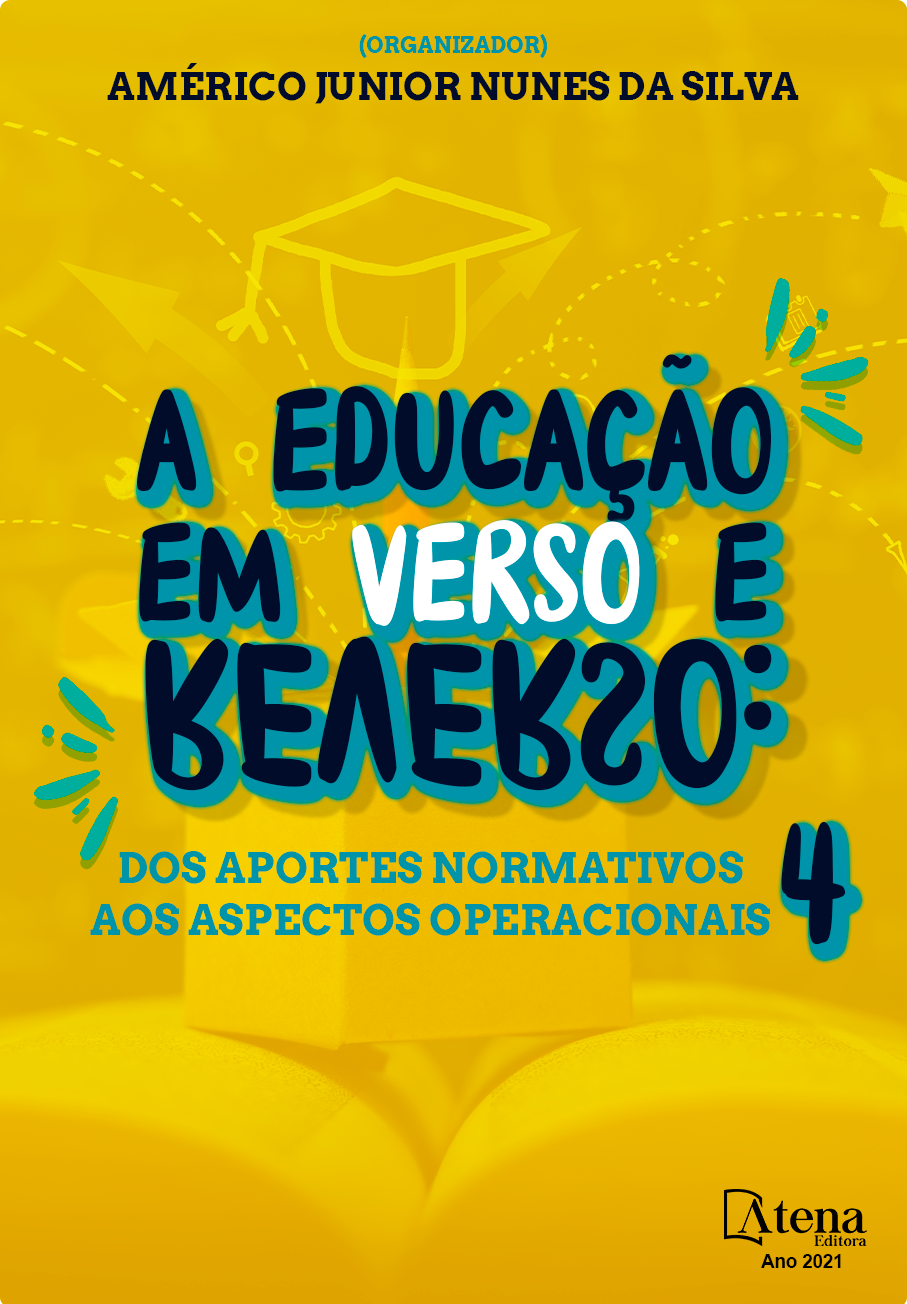
O COLLEGIO MARIANNO (1867-1907): A EDUCAÇÃO FEMININA FEITA POR PARTICULARES NA REGIÃO SUL MINEIRA
Parte significativa dos estudos realizados pela historiografia brasileira referente ao final do século XIX foca nos estabelecimentos de instrução para meninos e meninas dirigidos pelo poder público ou instituições religiosas. Contudo, grupos organizados de particulares tinham iniciativas semelhantes. Estudar essas iniciativas é fundamental para compreender parte da educação brasileira do período. Com o objetivo minimizar essa lacuna historiográfica, estudamos o Collegio Marianno, um estabelecimento de instrução particular da cidade da Campanha, sul de Minas Gerais, que funcionou aproximadamente entre os anos de 1867 e 1907. Os proprietários deste colégio eram mulheres que não tinham vínculo eclesiástico ou com o poder público. O ensino era voltado unicamente à educação das meninas da elite da região sul-mineira. A existência, atuação e fechamento desse estabelecimento estão inseridos em uma modernidade conservadora que se configurou na região. Sobre o colégio, não foram encontrados registros em documentos oficiais ou da própria instituição. Para desenvolver a investigação, encontramos informações apenas nos jornais locais. Na realização da nossa pesquisa, encontramos estabelecimentos semelhantes ao Collegio Marianno na região. Isso foi fundamental para apontarmos que a hegemonia educacional (escolas públicas ou particulares ligadas à Igreja), proposta pela historiografia tradicional não se sustentava. A atuação da família Marianno em aspectos educacionais, suas relações sociais, sua dinâmica interna, a organização didática e curricular demonstrava o projeto que esse estabelecimento defendia: a manutenção e perpetuação da conduta social do período. Especificidades relativas à família (como a falta de herdeiros e descendentes), as mudanças estruturais que a sociedade brasileira passou no último quartel do século XIX, a atuação da Igreja Católica alinhadas à ideia de ultramontanismo (exemplificado como a instalação do Collegio Nossa Senhora do Sion na Campanha), refletiram diretamente na região e influenciaram e no fim das atividades do Collegio Marianno.
O COLLEGIO MARIANNO (1867-1907): A EDUCAÇÃO FEMININA FEITA POR PARTICULARES NA REGIÃO SUL MINEIRA
-
DOI: https://doi.org/10.22533/at.ed.36121090711
-
Palavras-chave: Educação Feminina, Collegio Marianno, Modernidade Conservadora e Imprensa
-
Keywords: Female Education, Collegio Marianno, Conservative Modernity and the Press
-
Abstract:
Significant part of the studies carried out by Brazilian historiography referring to the end of the 19th century focus on the instructional requirements for boys and girls run by the government or religious institutions. However, organized groups of private individuals had similar initiatives. In order to minimize this historiographic gap we studied Collegio Marianno, a private education establishment in the city of Campanha, in the south of Minas Gerais, which operated approximately between the years 1867 and 1907. The owners of this school were women who had no ties ecclesiastical or with the public authorities. Education was geared only to the education of elite girls in the South of Minas Gerais. The existence, operation and closure of this establishment are part of the conservative modernity that took shape in the region. About the school, no records were found in official documents or those of the institution itself. To develop the investigation, we discover information only in the local newspapers. In carrying out our research, we just found some similar establishments to the Collegio Marianno in the region. This was fundamental to point out that the educational hegemony (public or private schools linked to the Church), proposed by traditional historiography was not sustained. The performance of the Marianno family in educational aspects, its social relations, its internal dynamics, and a didactic and curricular organization demonstrated what the project of this establishment advocated: the maintenance and perpetuation of the social conduct of the period. Specificities related to the family, the changes which the Brazilian society passed in the last quarter of the 19th century, the Catholic Church’s performance aligned with an idea of ultramontanism (exemplified as the installation of the Collegio Nossa Senhora do Sion in Campanha) reflected directly in the region and influenced the end of the activities of Collegio Marianno.
-
Número de páginas: 12
- Hercules Alfredo Batista Alves


